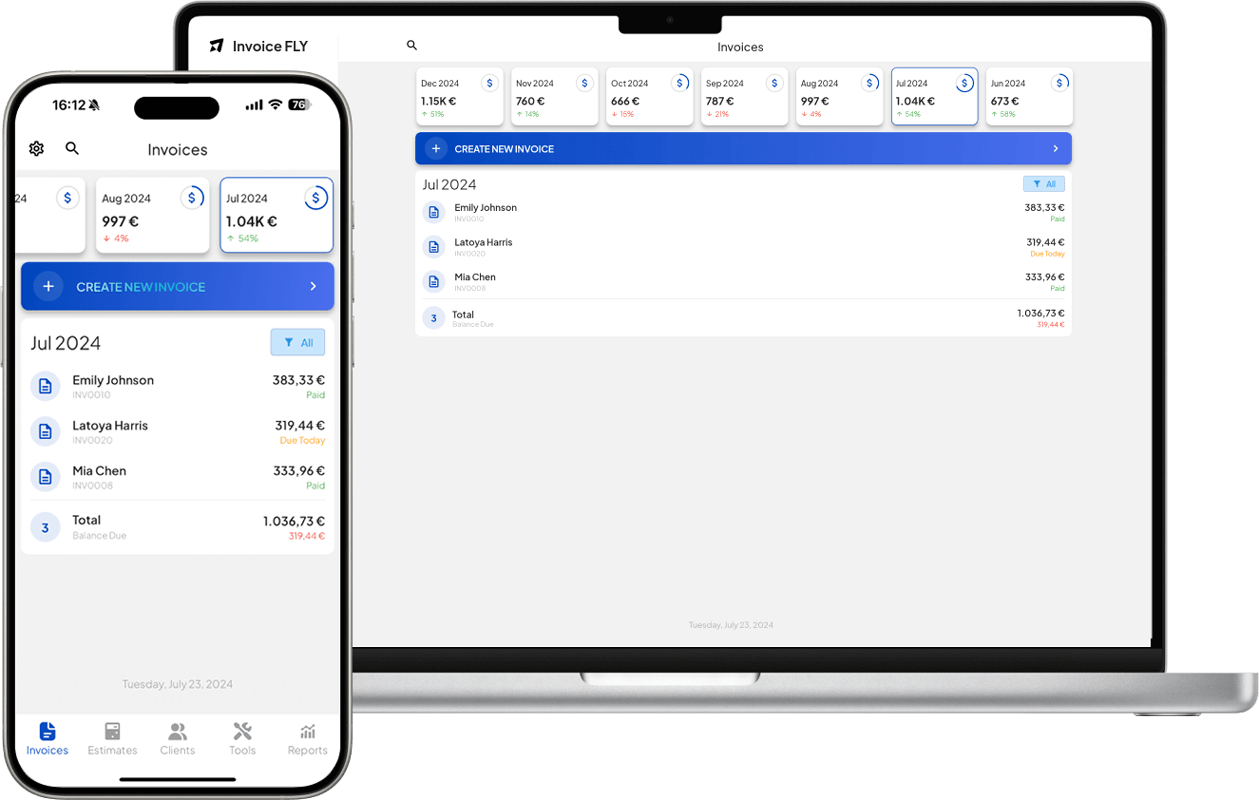#1 App for Construction Businesses
Construction Management Software
Run a smoother construction business with Invoice Fly.
Send estimates and invoices, and save hours of work by automating your workflows.
- Home
- »
- Industries
- »
- Construction Management Software
What is a Construction Management Software?
Running a Construction Business is both rewarding and challenging. As a contractor, you take pride in building projects from the ground up, but the day-to-day tasks can be overwhelming.
Managing job sites, coordinating crews, dealing with clients, and keeping up with invoices and payments are part of the job—but staying organized while balancing it all isn’t easy.
Construction Management Software like Invoice Fly is a digital tool designed to help contractors streamline their operations, specifically focusing on invoicing and business performance.
This software simplifies key tasks like creating and sending professional invoices, estimates tracking payments, interacting with customers, and monitoring business performance.
Get your Construction Business working smoothly
With Invoice Fly you will have precise control of your clients either from your office or on site. Send quotes or estimates, invoices and download quick statements about your customers.
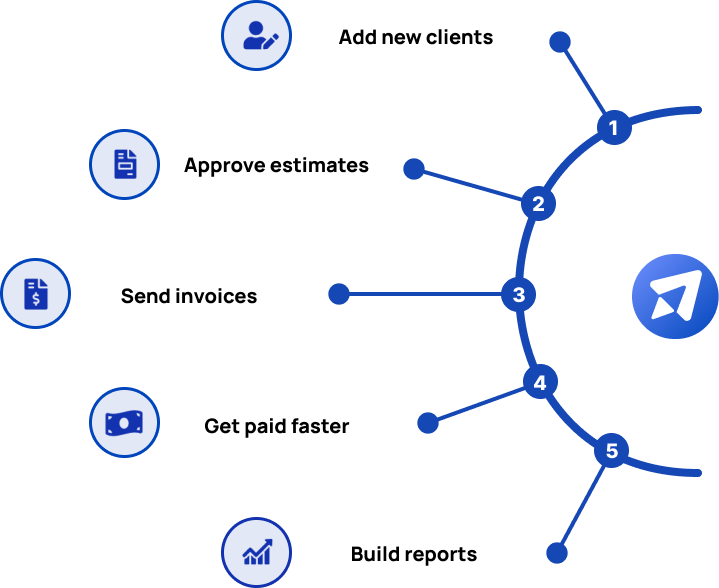
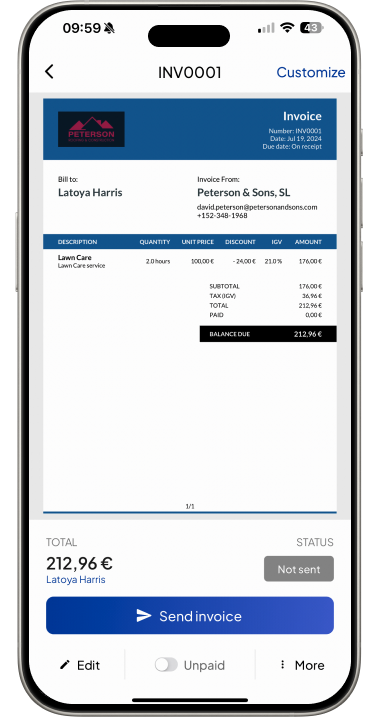

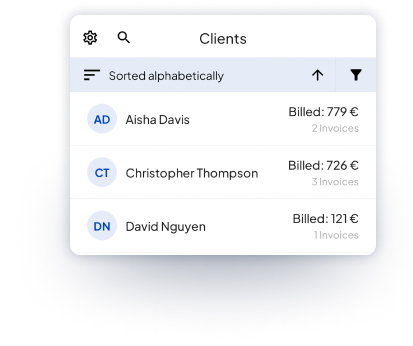
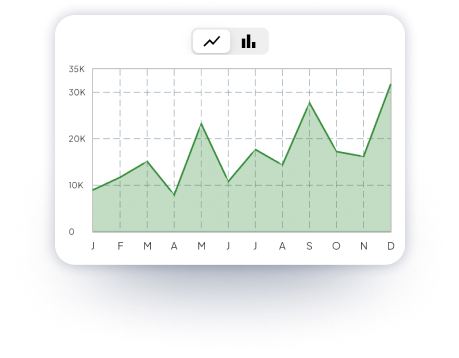
Why do Constructors prefer using Invoice Fly over other software?
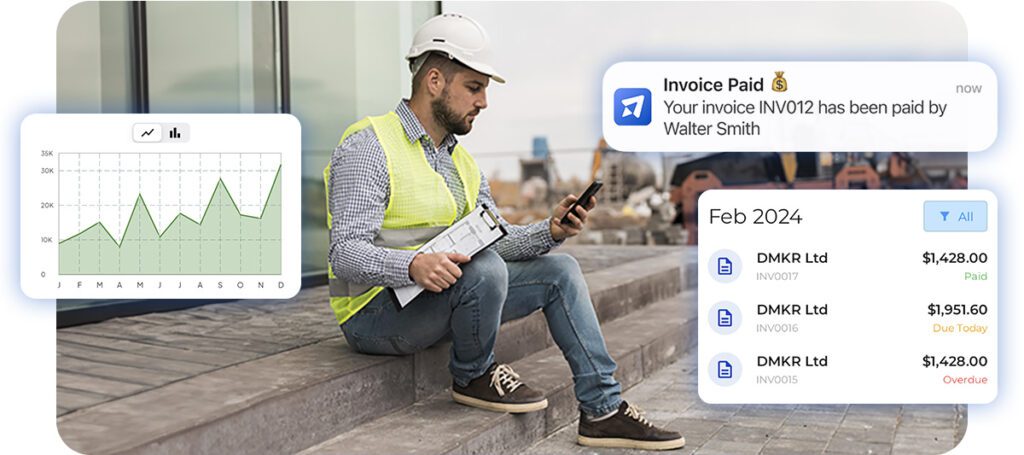
Construction contractors prefer using Invoice Fly over other software due to features that align with the unique needs of the construction industry.
Here are some reasons why it stands out:
1. Invoicing and Tracking
- Complex Billing Structures: Construction projects often involve various phases, subcontractors, materials, and labor costs. Invoice Fly offers customizable invoicing tailored to the needs of each project, making it easier to track expenses and bill clients accordingly.
- Progress Billing: Construction companies frequently bill clients based on project milestones (e.g., 30% upon completion of foundation work, 50% for framing). Invoice Fly provides features that simplify progress billing and manage partial payments.
2. Material and Labor Cost Tracking
- Complex Billing Structures: Construction projects often involve various phases, subcontractors, materials, and labor costs. Invoice Fly offers customizable invoicing tailored to the needs of each project, making it easier to track expenses and bill clients accordingly.
- Progress Billing: Construction companies frequently bill clients based on project milestones (e.g., 30% upon completion of foundation work, 50% for framing). Invoice Fly provides features that simplify progress billing and manage partial payments.
3. Time Tracking and Payroll Integration
- Labor Tracking: Construction work is often paid hourly, and Invoice Fly offers integrated time tracking that simplifies billing for labor. This ensures accurate payments and simplifies reporting for payroll.
- Subcontractor Management: Managing subcontractor payments can be complex. Invoice Fly’s functionality may include easy ways to manage subcontractor invoices, ensuring that payments align with contractual terms.
4. Mobile-Friendly and On-Site Access
- Ease of Use in the Field: Construction supervisors and contractors often work on-site and need quick access to invoicing tools. Invoice Fly’s mobile capabilities allow for instant invoicing and expense tracking directly from job sites.
- Real-Time Updates: In a fast-moving industry like construction, real-time updates on invoicing, payment status, and project costs are essential. Invoice Fly’s cloud-based system offers instant access to important financial data.
How much does a Constructor make in 2024? Taxes & Wages
In 2024, construction workers in the United States earn an average salary of around $47,891 per year. However, salaries can vary significantly depending on location and experience.
For example, in San Jose, California, construction workers can earn as much as $94,555, which is about 97% higher than the national average.
The actual take-home pay will depend on federal and state taxes, with federal tax rates ranging from 10% to 37% based on income brackets. State taxes also vary, with states like California having higher income tax rates compared to others like Texas, which has no state income tax.
After deductions for taxes, social security, and Medicare, a construction worker making $47,891 could expect to take home around $38,000 to $40,000 annually, depending on their state of residence.


Try our Salary Calculator
FAQS
In construction, it’s important to bill separately for materials and labor to provide clear and detailed invoices. To do this:
Open the invoice you want to create or edit.
Add each material and labor entry as separate line items on the invoice.
Specify the costs for materials and labor separately, allowing your clients to see a clear breakdown of project expenses.
Handling change orders and additional work is a common part of construction projects. Here’s how to manage these within your invoices:
Create a new invoice or modify an existing one to include the additional work.
Clearly label the line items as "Change Order" or "Additional Work."
Specify the costs associated with the change order, including both materials and labor, so the client understands the added expenses.
Send the updated invoice or estimate for approval, ensuring the client is aware of and agrees to the additional charges.
Requesting a deposit is often necessary in construction to cover upfront costs for materials and initial labor. To request a deposit when creating or editing an estimate:
Open the estimate for the construction project.
Scroll down to find the "Deposit Request" option.
Enable this option to specify the deposit amount required before starting the project.
Ensure that you have Stripe or PayPal enabled to process the deposit payment securely.
Yes, adding progress photos to your construction invoices can provide clients with a clear view of the work being done. To add photos:
Open the invoice related to the construction project.
Scroll to the section under the payment info and before the notes section.
Add photos documenting key stages of the construction project, such as site preparation, framing, or completed milestones.
This helps clients see the value of the work and can serve as proof of progress.

Try Invoice Fly Today
- Send quotes & invoices in seconds
- Collect card & online payments
- Receive instant notifications
- Win more jobs
